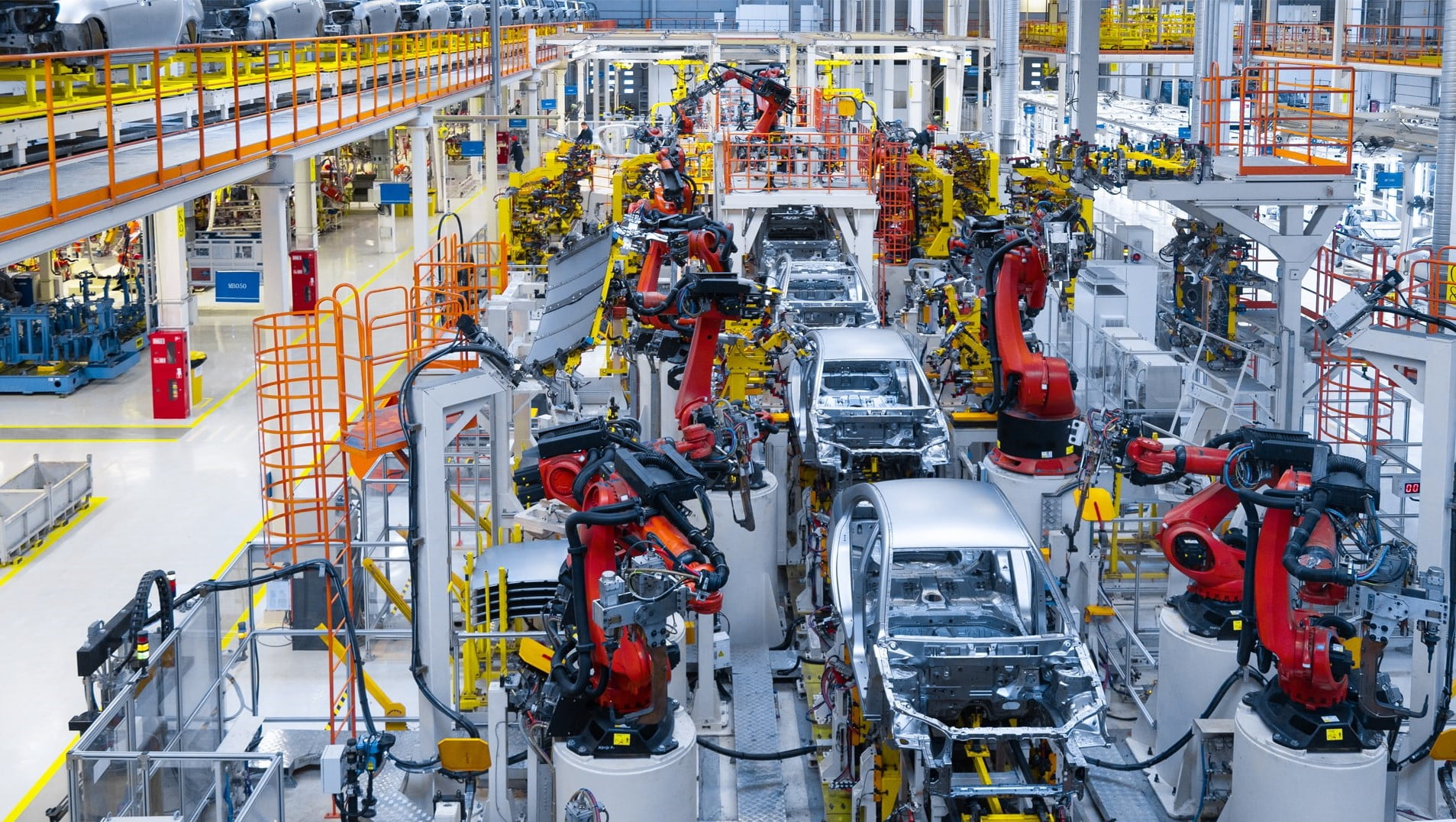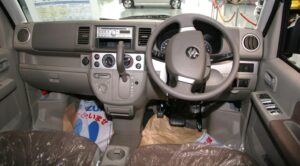MoIP, EDB change EV Policy against PM’s vision approved on Nov 5, 2019

APMDA said that concerned officers in EDB are playing in the hands of a strong lobby in OEMs and misguiding the parent Ministry as well as other stake-holders
KARACHI: The Ministry of Industry & Production and Engineering Development Board (EDB) have given new name “Electric Vehicles & New Technology Policy”, which is against the decision of the Cabinet Committee and Economic Coordination Committee (ECC) approved on November 5, 2019.
In a letter sent to the Prime Minister Imran Khan on Tuesday, H.M Shahzad Chairman All Pakistan Motor Dealers Association (APMDA) said, “this anti move of the Ministry/EDB not only surprised the stake-holders in Public Sector but also confused all OEMs as formerly, no separate policy was formed/ circulated and discussed.”
He claimed in the letter to PM, “the experts are also surprised with the new name using the word “Technology” which is the domain of the Ministry of Science & Technology, not Industries Ministry. The experts are also referring it as clear violation of the recent decision of the ECC which only directed for firming up incentive proposal under NEVP.”
Apparently, the APMDA said that concerned officers in EDB are playing in the hands of a strong lobby in OEMs and misguiding the parent Ministry as well as other stake-holders.
He claimed that ECC chaired by Prime Minister Imran Khan passed the following Electric Vehicles (EV) policy:
• Climate Change Division shall set up an Inter-Ministerial Committee to finalize further details, including the phasing / time frame for various actions.
• The Committee will also hold consultations with the existing automobile manufacturers to address their concerns, if any.
• The incentive structure proposed in the policy be submitted to consideration of the ECC.
The chairman APMDA said that the Ministry of Industry should restrict to the recent decision of ECC wherein EDB should only suggest incentive package for implementing NEV including earliest manufacturing of EVs.
The domain of climate change in this respect to regard the positive effect on the climate change protocols is well served by earliest implementation of National EV Policy, he said. The uncalled for indulgence of EDB at this belated stage by circulating a new policy is an attempt by some vested interests amongst present car assemblers sitting in the EDB board and AIDC to affect the delay and some or other way to propose a new policy to create a gap of few years of their further anticipated gains against the consumer interests by assembling past generation conventional engine based climate polluting vehicles with questionable cost of sales due to transfer pricing in imports of parts under concessionary tax import regime.
This delay tactics in way of otherwise required earliest implementation of NEV Policy appears to be the outcome of influence being exercised behind through EDB/MOI& by assemblers and their vendors, who are Members of EDB Board with auto parts vendor as chairman of EDB Board.
The letter proposed that EDB board and AIDC representation be reconstituted to exclude the interest of the present car assemblers & auto vendors, together are working towards keeping this conventional car technology to continue instead of entering into fourth/fifth industrial revolution by immediately bringing in EV vehicles to have multiple economic benefits i.e. to reduce the import oil bills, exclude consumption of value added petroleum products, exclude non-hazardous disposal of used petroleum products, reduce emissions to claim carbon credits and as well as to meet the percentage participation in the compliance of renewable energy policy and as well as serve the objectives of SDGs.
It further noted that Ministry of climate change got the EV vehicle policy approved from cabinet a year back and now a new draft has been circulated by EDB in the name of EV & new technology. EDB, in last two AIDC meeting has been discussing incentives for NEV Policy whereas, the draft circulated is entirely new document and is attempting of opening a new Pandora box for debate of the stake-holders, just by adopting delaying tactics.
The chairman said that existing Auto Policy ADP 2016-21 is the policy of Board of Investment not presented by EDB or Ministry of Industries. It was approved by the Cabinet on the Summary of BOI with the objective to attract Investment. Similarly, climate change mitigation through a reduction in emissions from transport sector is the mandate of MoCC, for which in time taken efforts by MoCC are highly appreciated.
APMDA suggests to wind up this debate in the recently constituted committee by ECC wherein we find that committee instead of being chaired by SAP to climate change is being chaired by SAP commerce and industry. Mr Shahzad suggests that it is better that committee is chaired by SAP climate change and he should also be included in the committee. MoST must support the appreciated efforts of MoCC by ECC.
The letter said APMDA understand that the MOCC drafted this
National EV Policy was under the instructions of Prime Minister in the meeting of the “Prime Minister’s Committee on Climate Change” which was in line with the mandate assigned under Rules of Business, “National Climate Change Policy of Pakistan-2012” and “National Climate Change Act’ 2017”.
The NEV Policy is aimed to achieve the objectives to:
• Mitigate climate change through a reduction in emissions from transport sector.
• Create a pivot to industrial growth in Pakistan and encourage auto and related industry to move towards local EV manufacturing
• Forge links with the global EV value chain for export potential of EVs and their parts.
• Meet the objective of generating employment through Green Economy initiatives.
• Reduce oil import bill.
• Use electricity in off-peak times for useful purposes.
• Develop affiliated industry such as battery manufacturing, charging infrastructure, etc.
To achieve the above objectives MOCC set medium and long term EV penetration targets to produce 30% of new sales of cars (including Vans, Jeeps and small Trucks) and 50% of new sales of Two and Three Wheelers and these targets principally approved by the Cabinet with the above directives.






